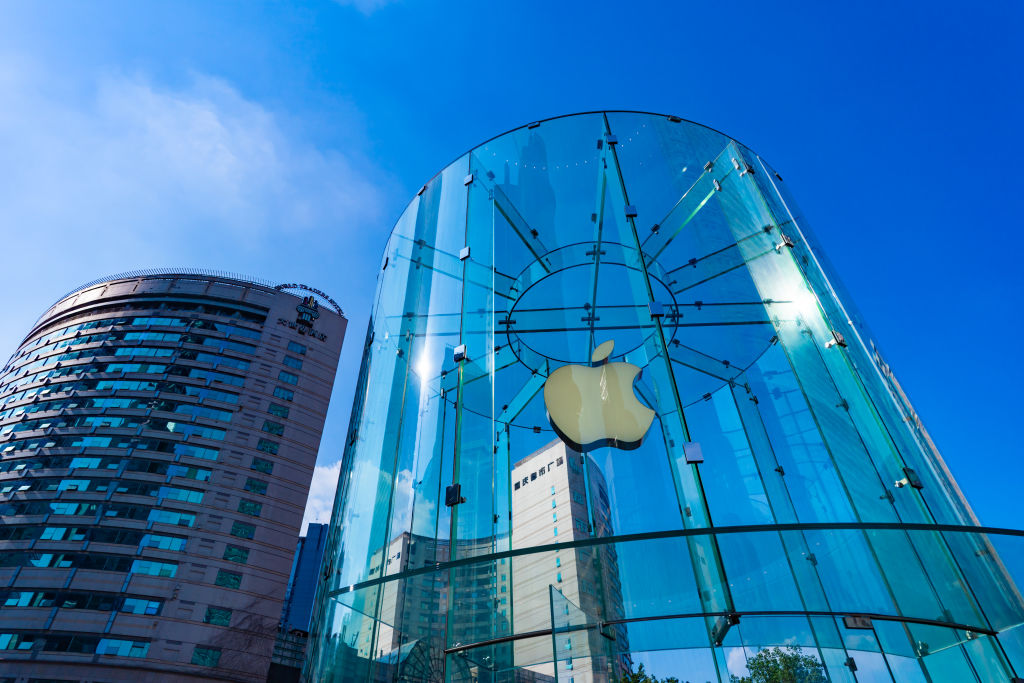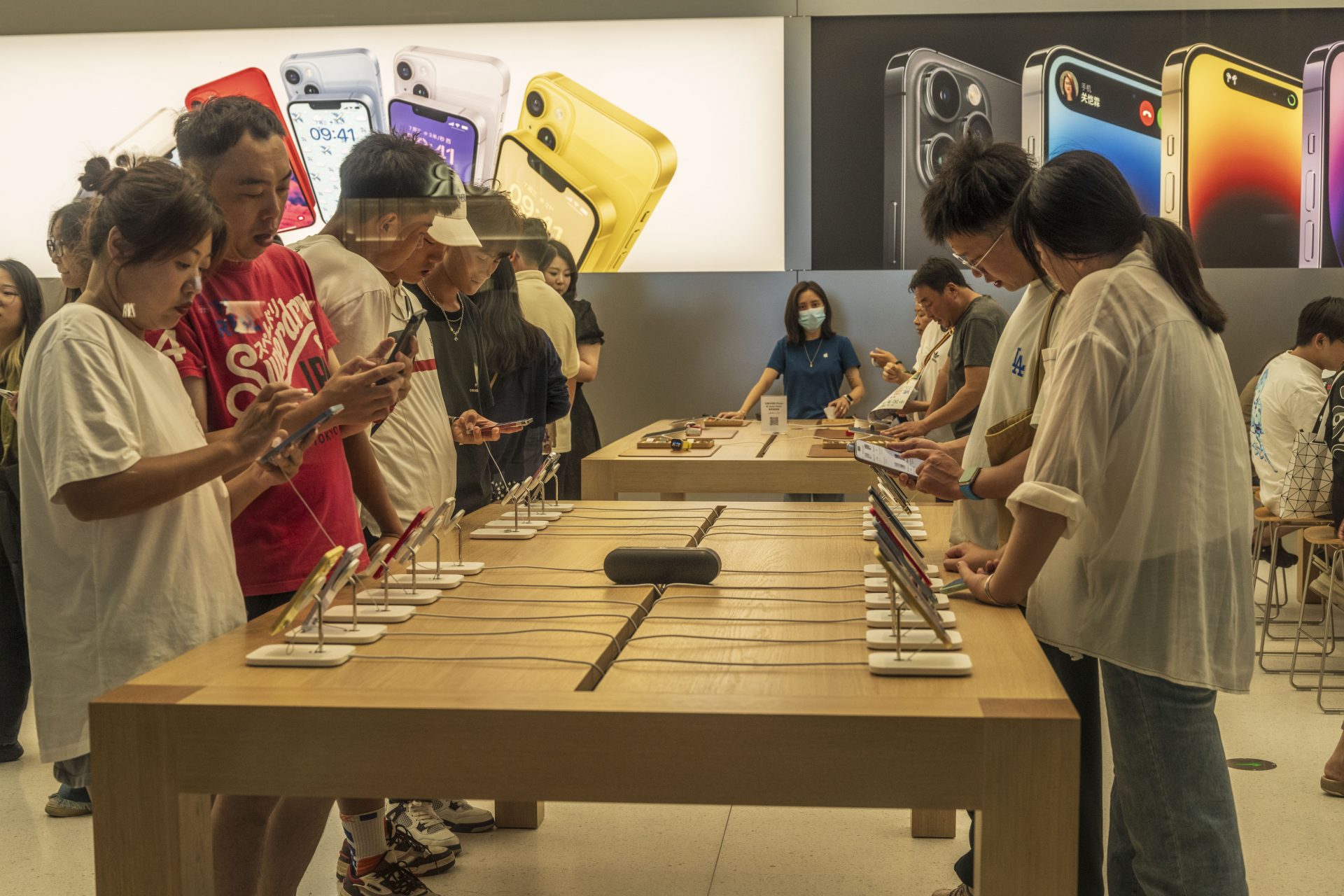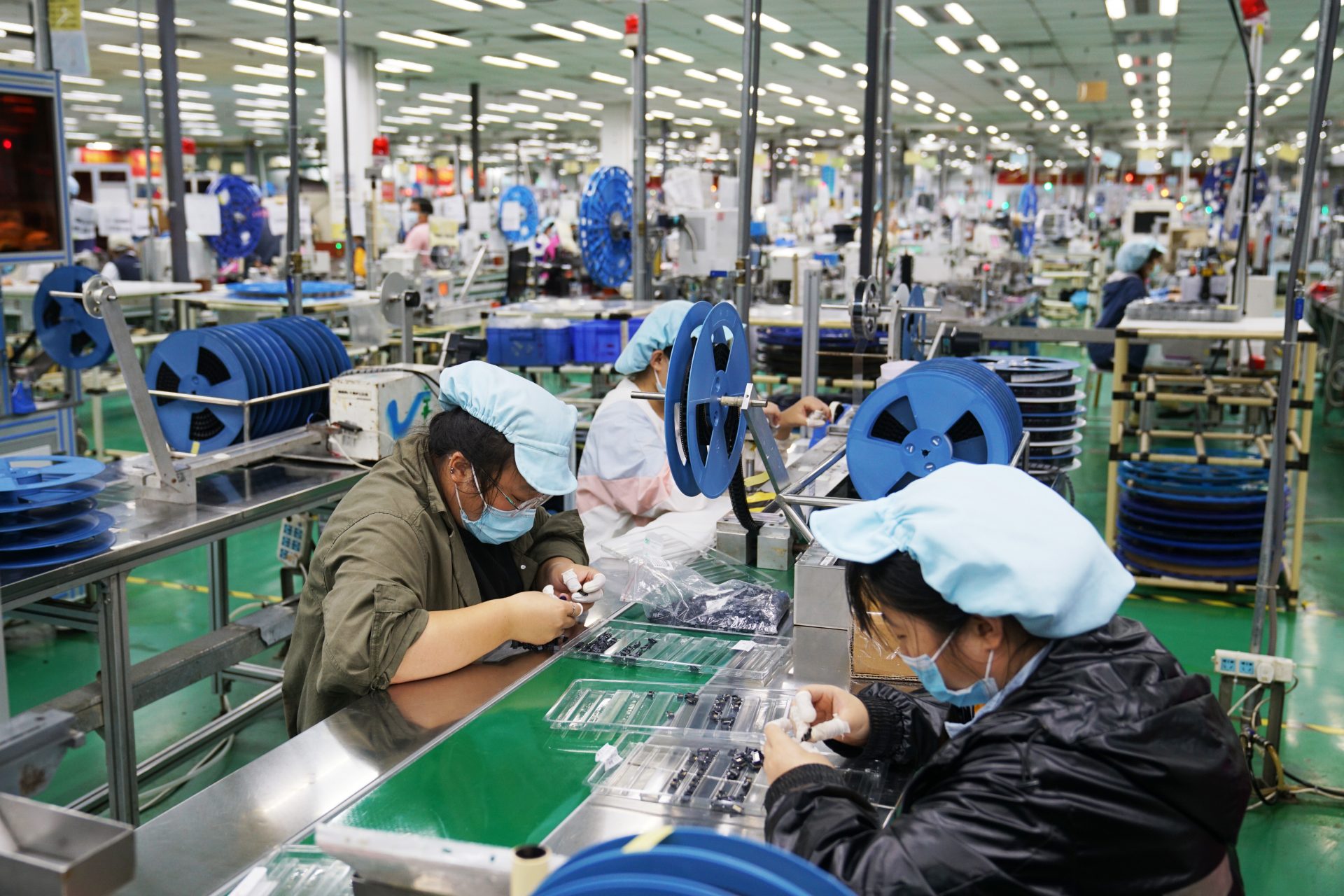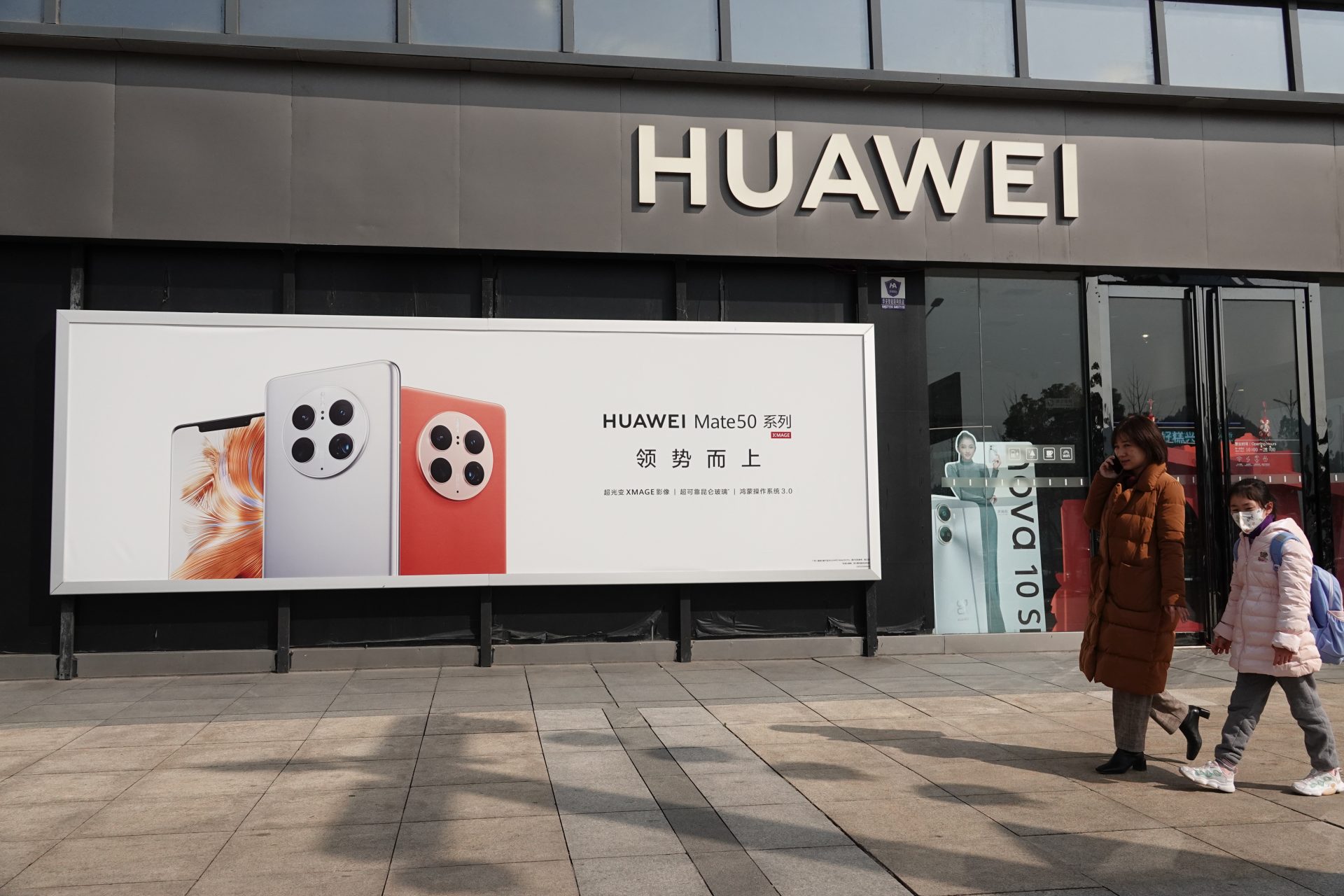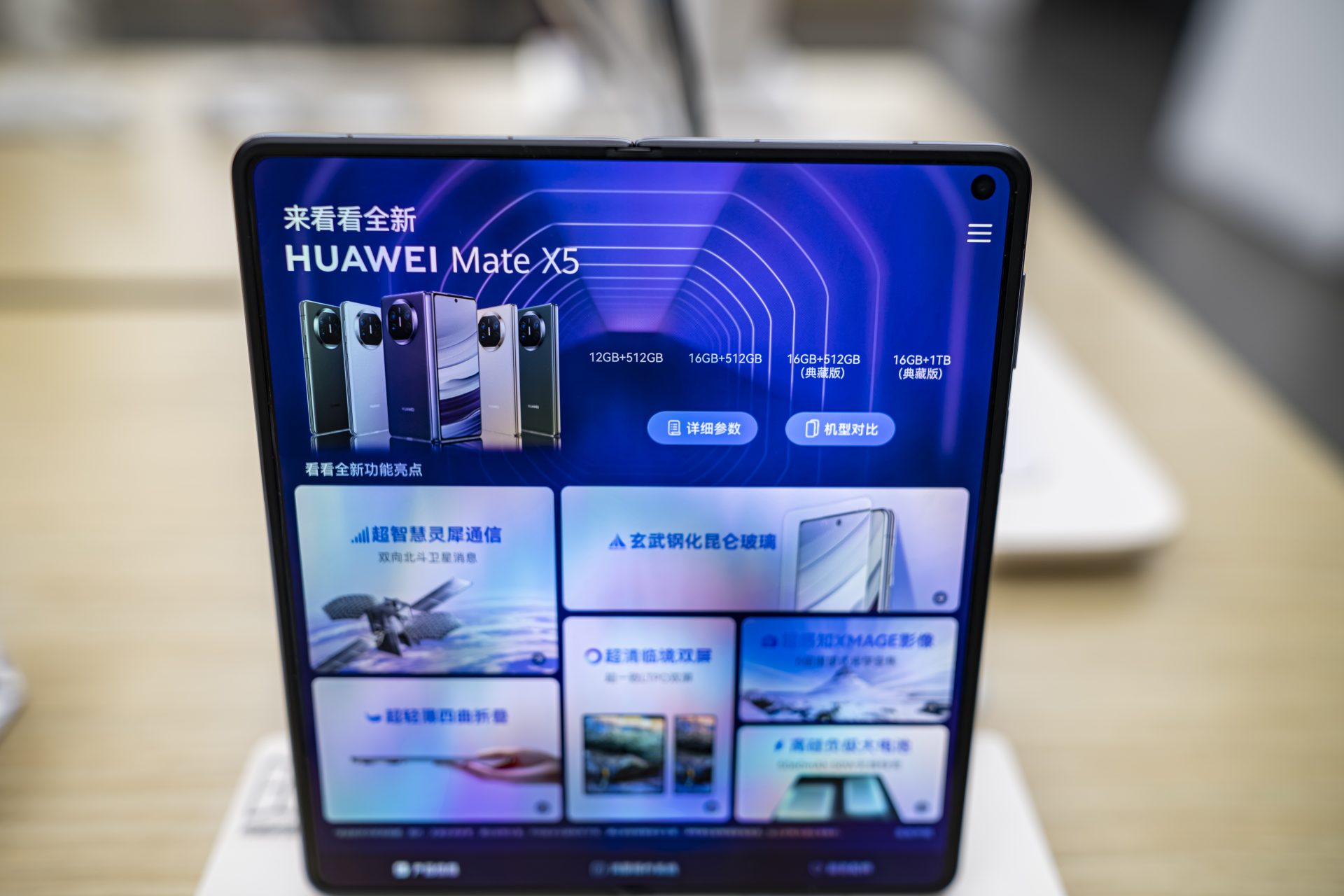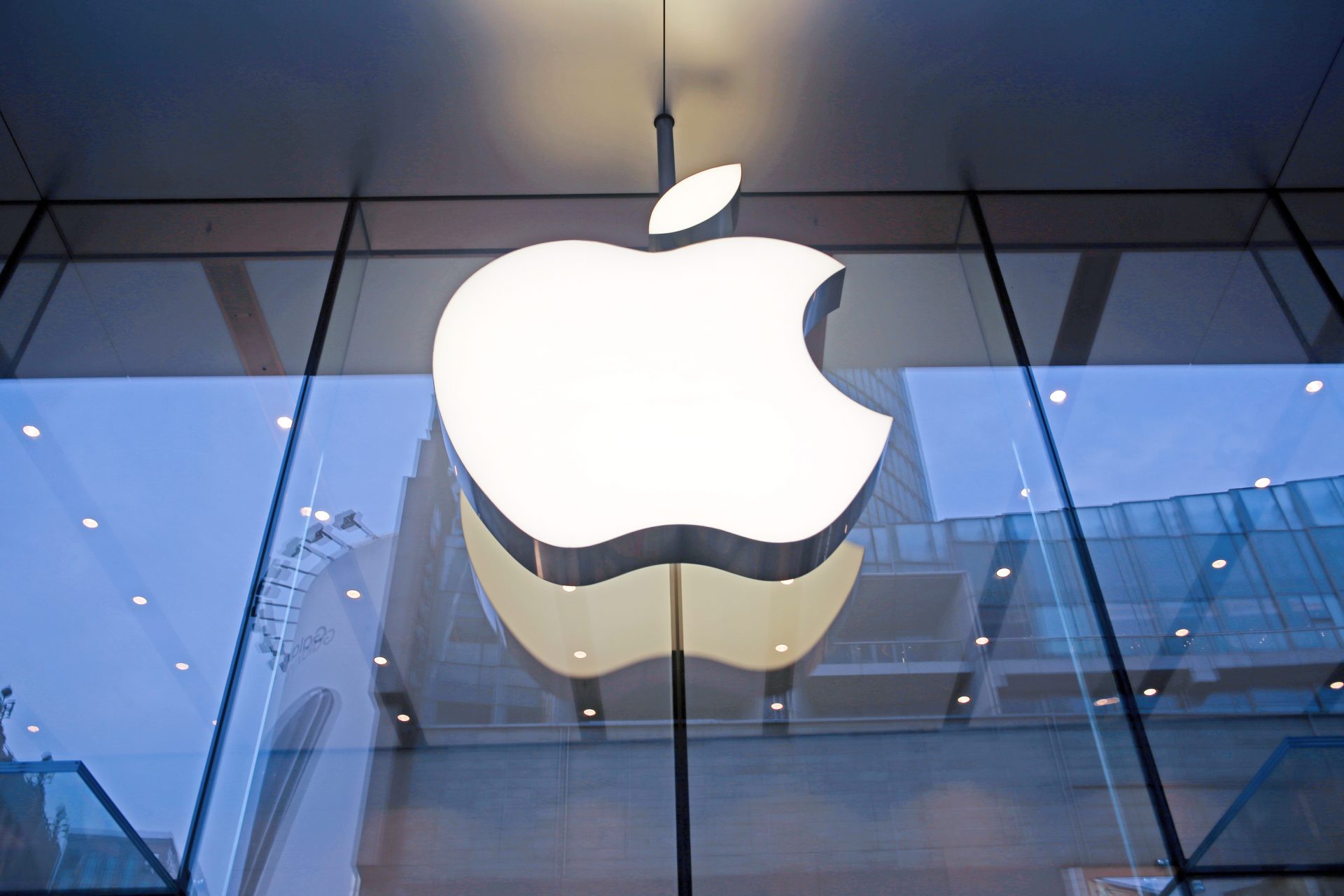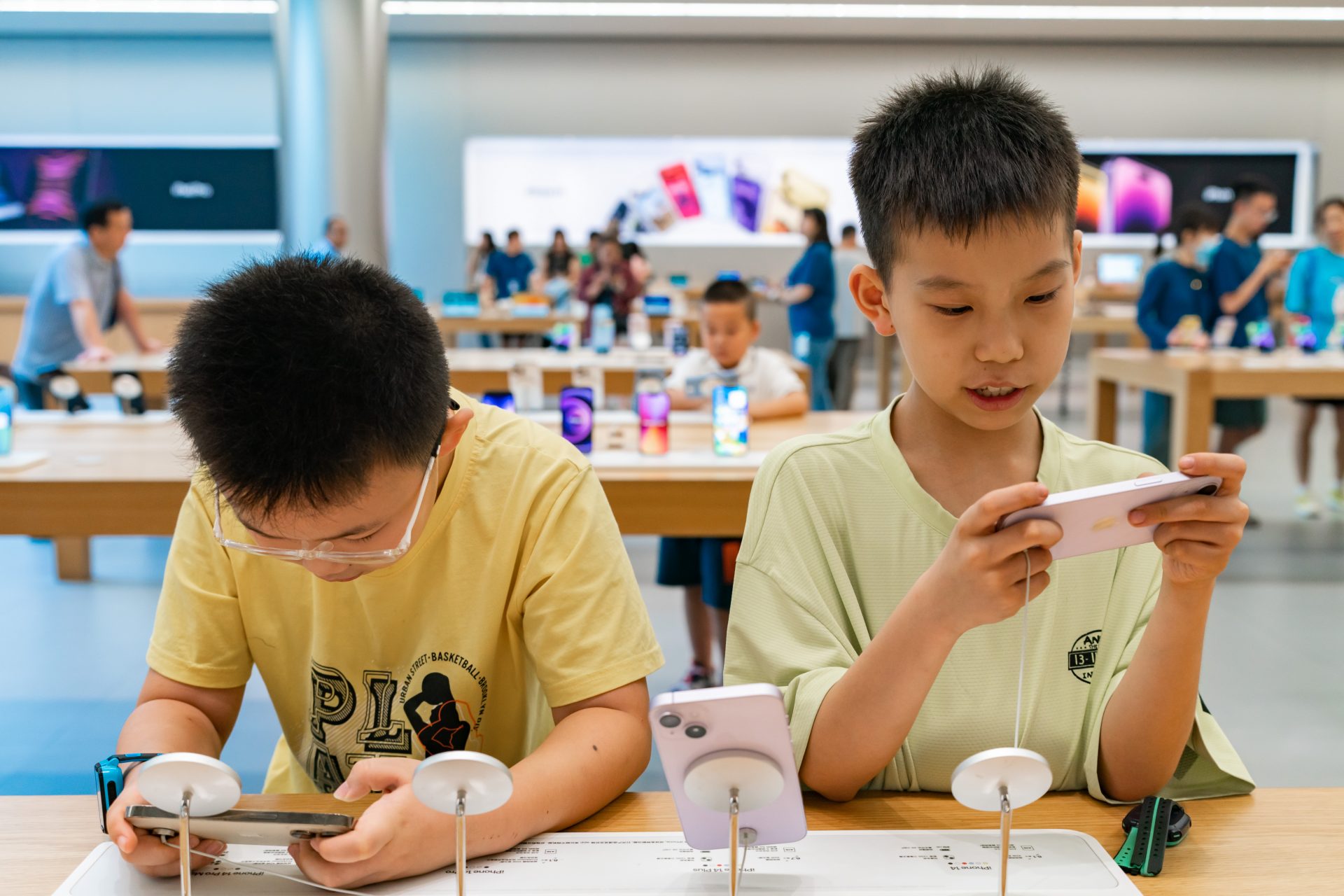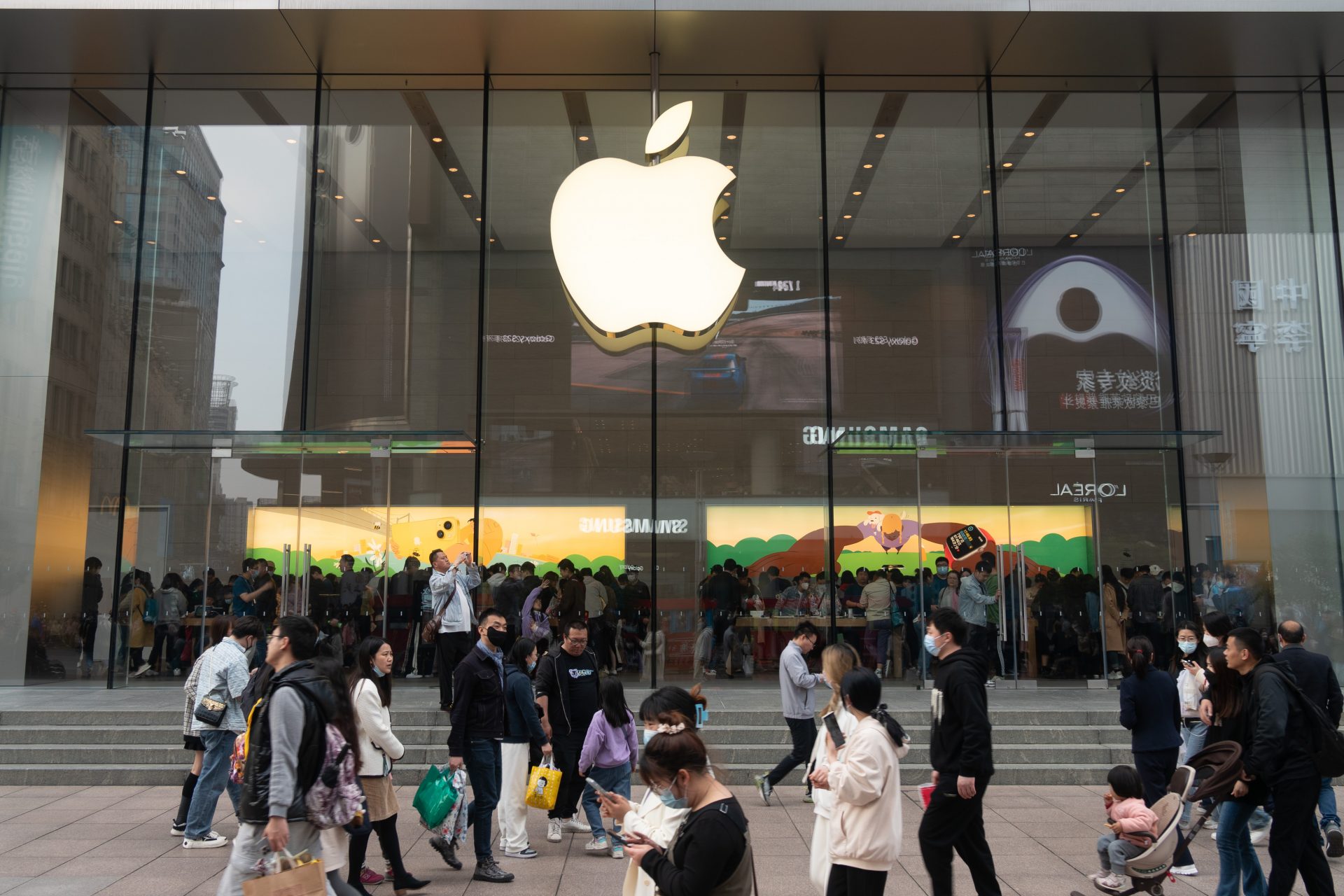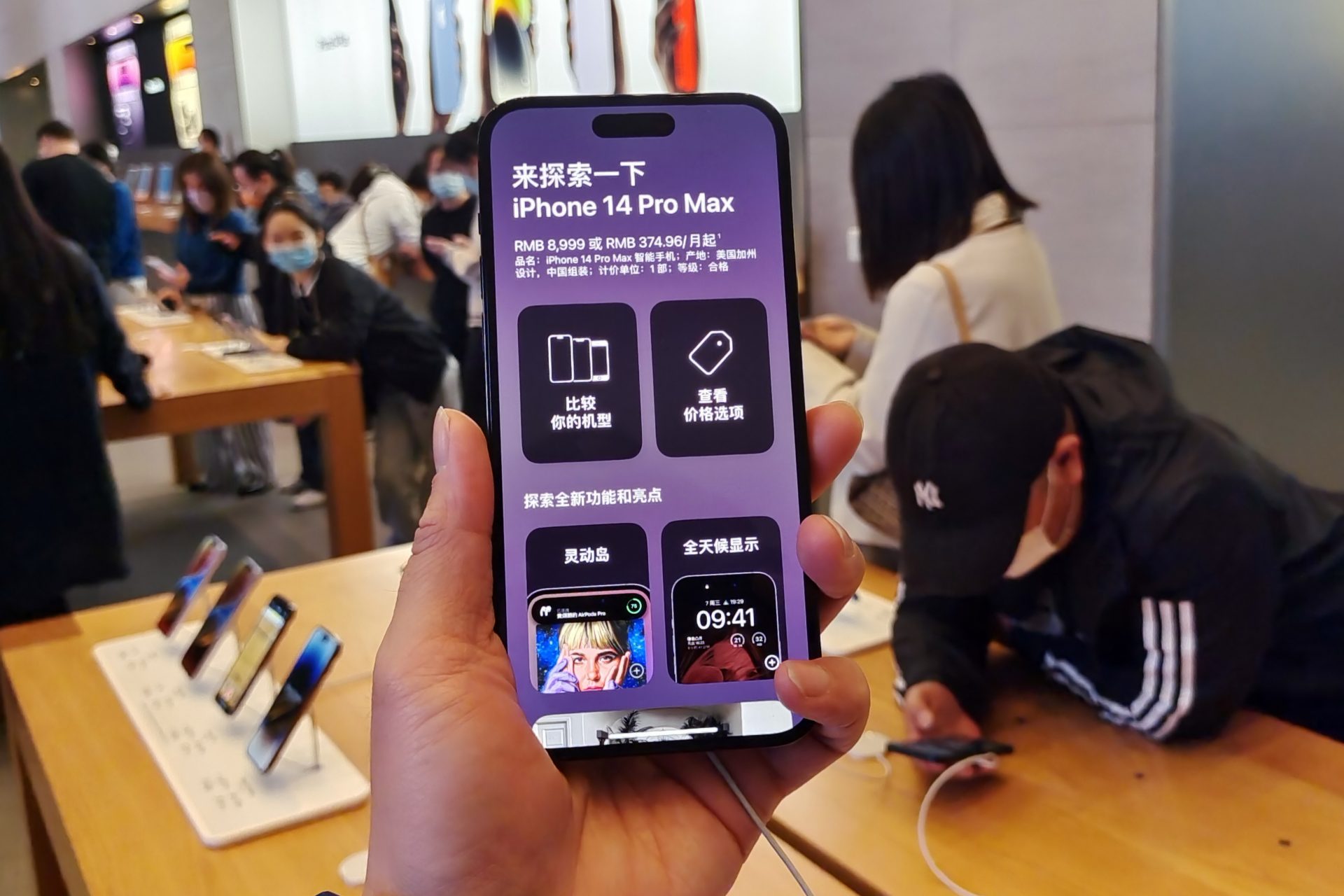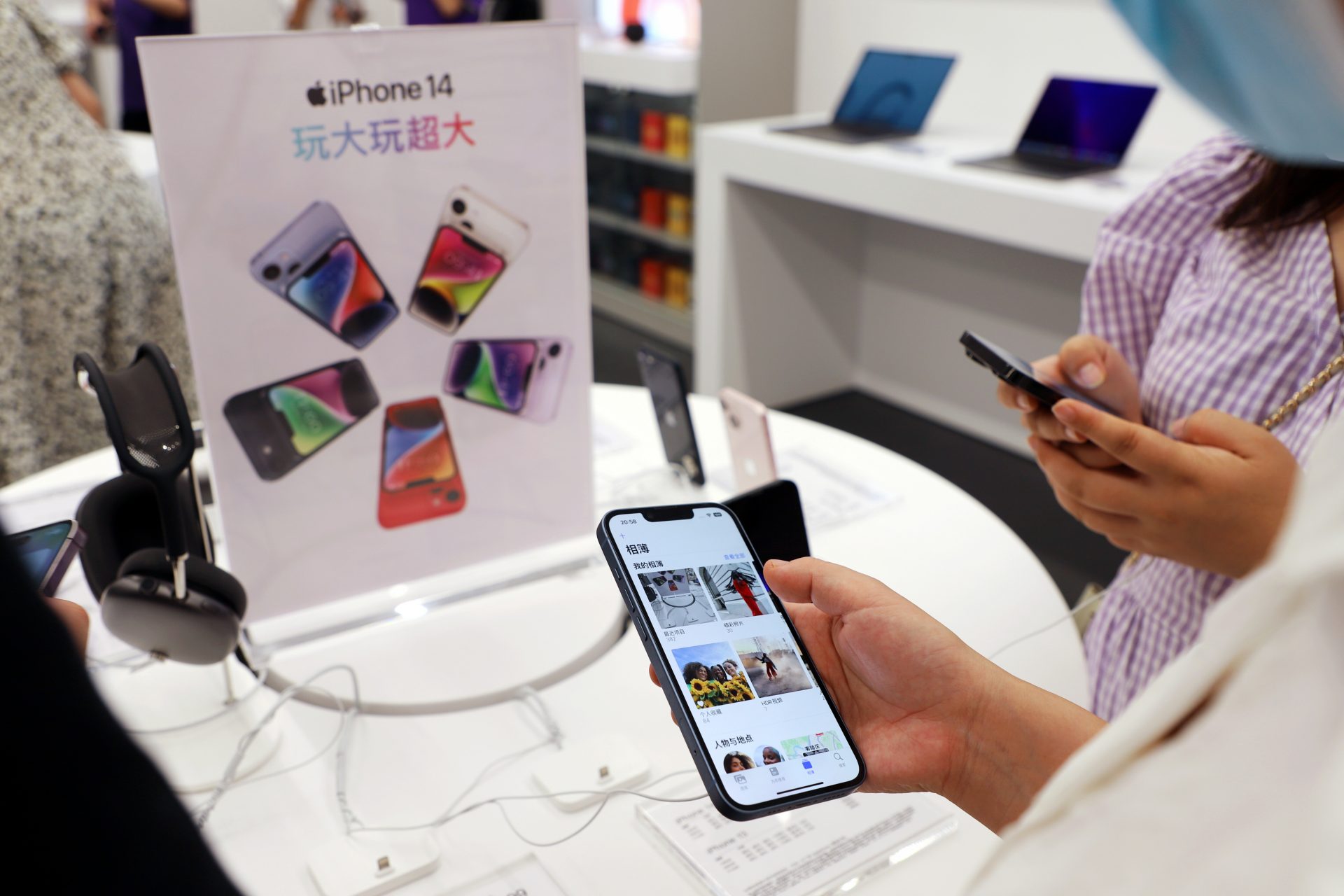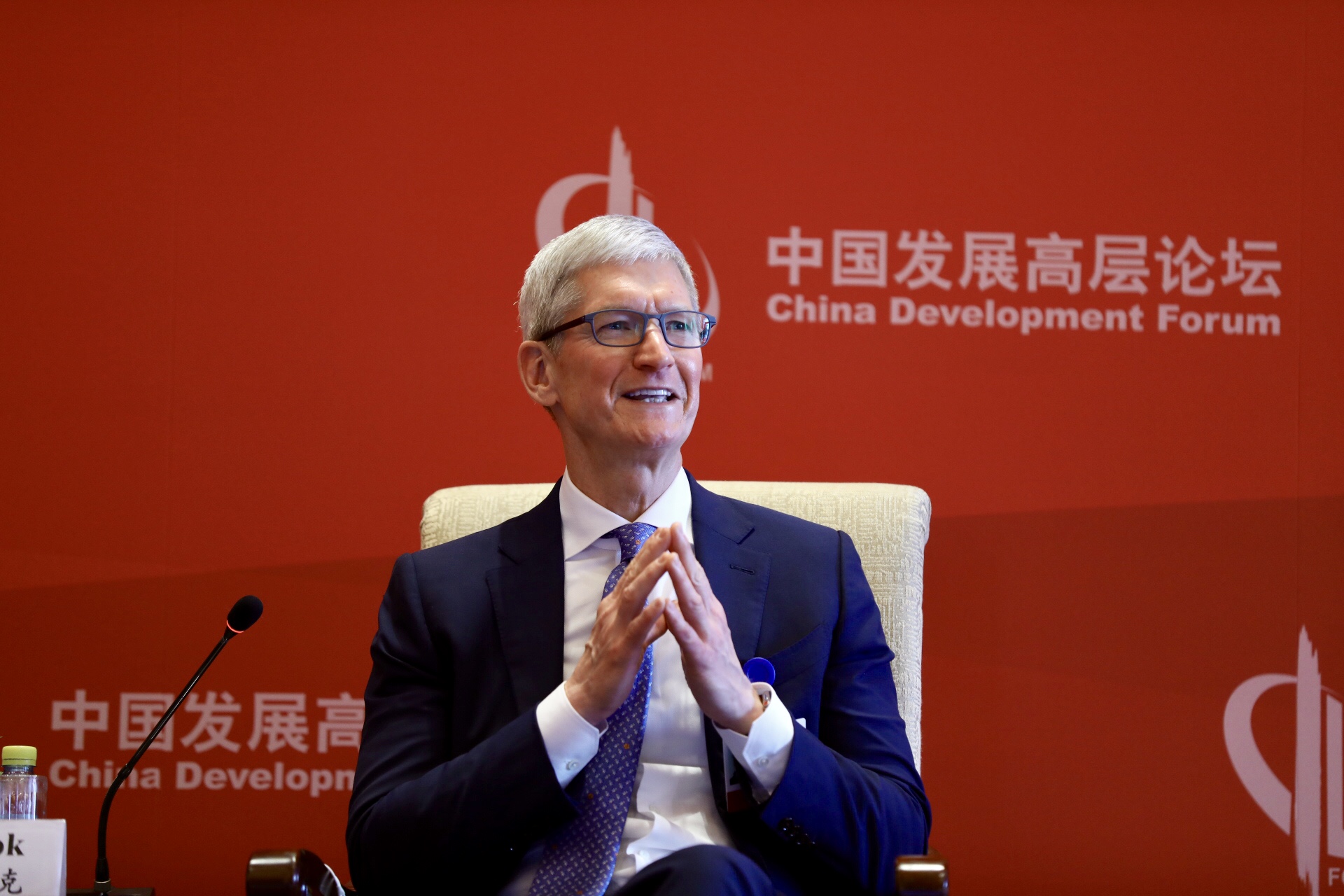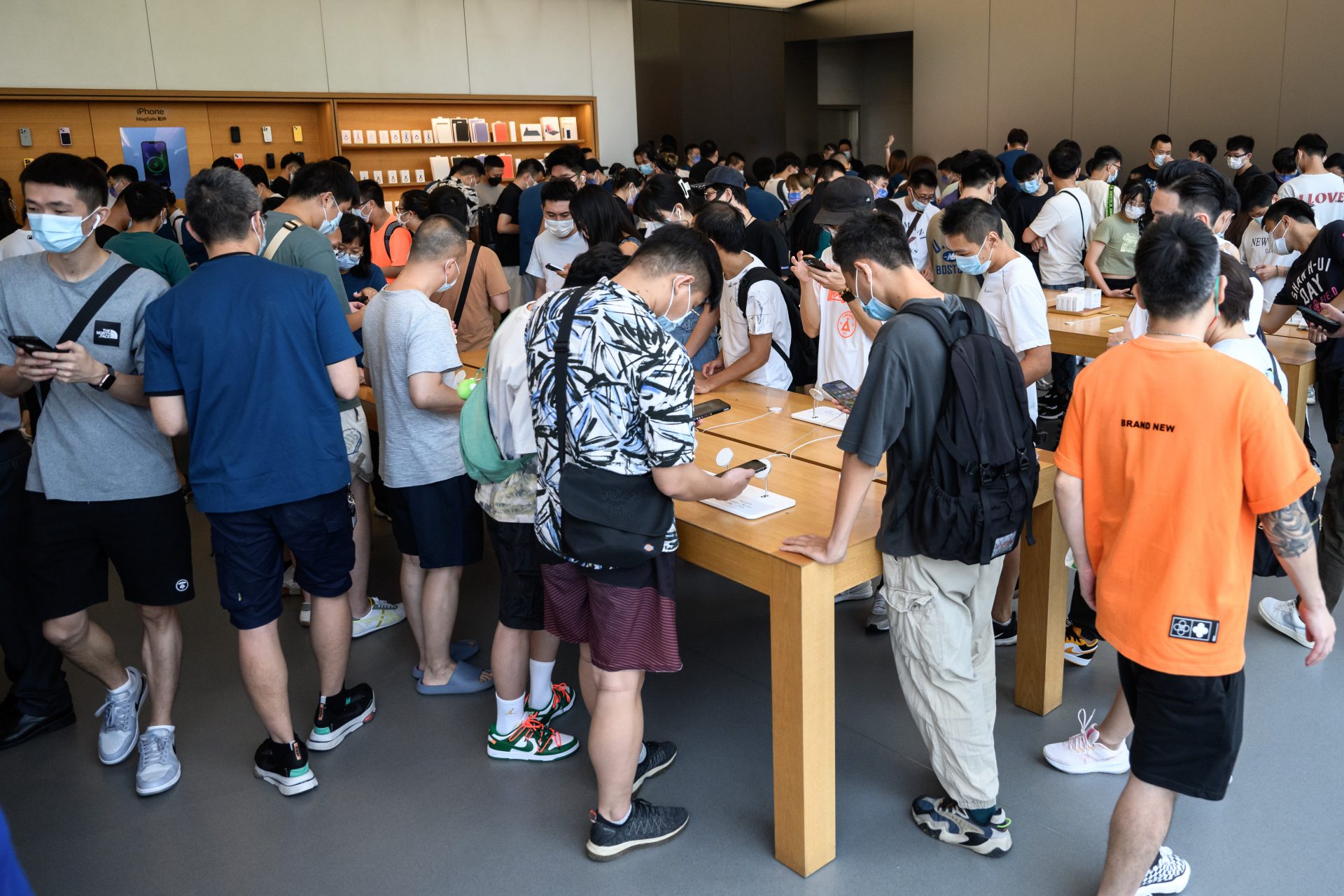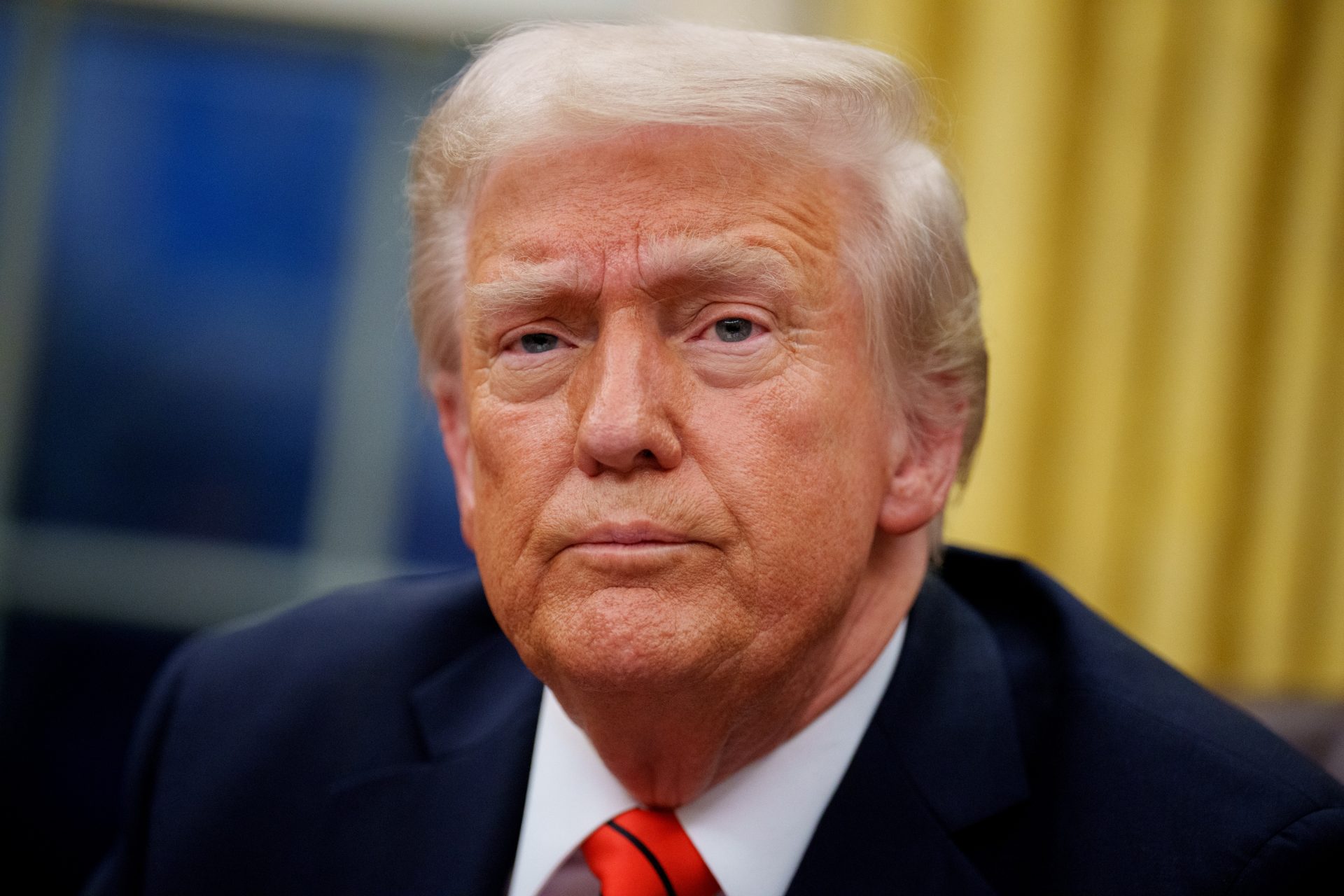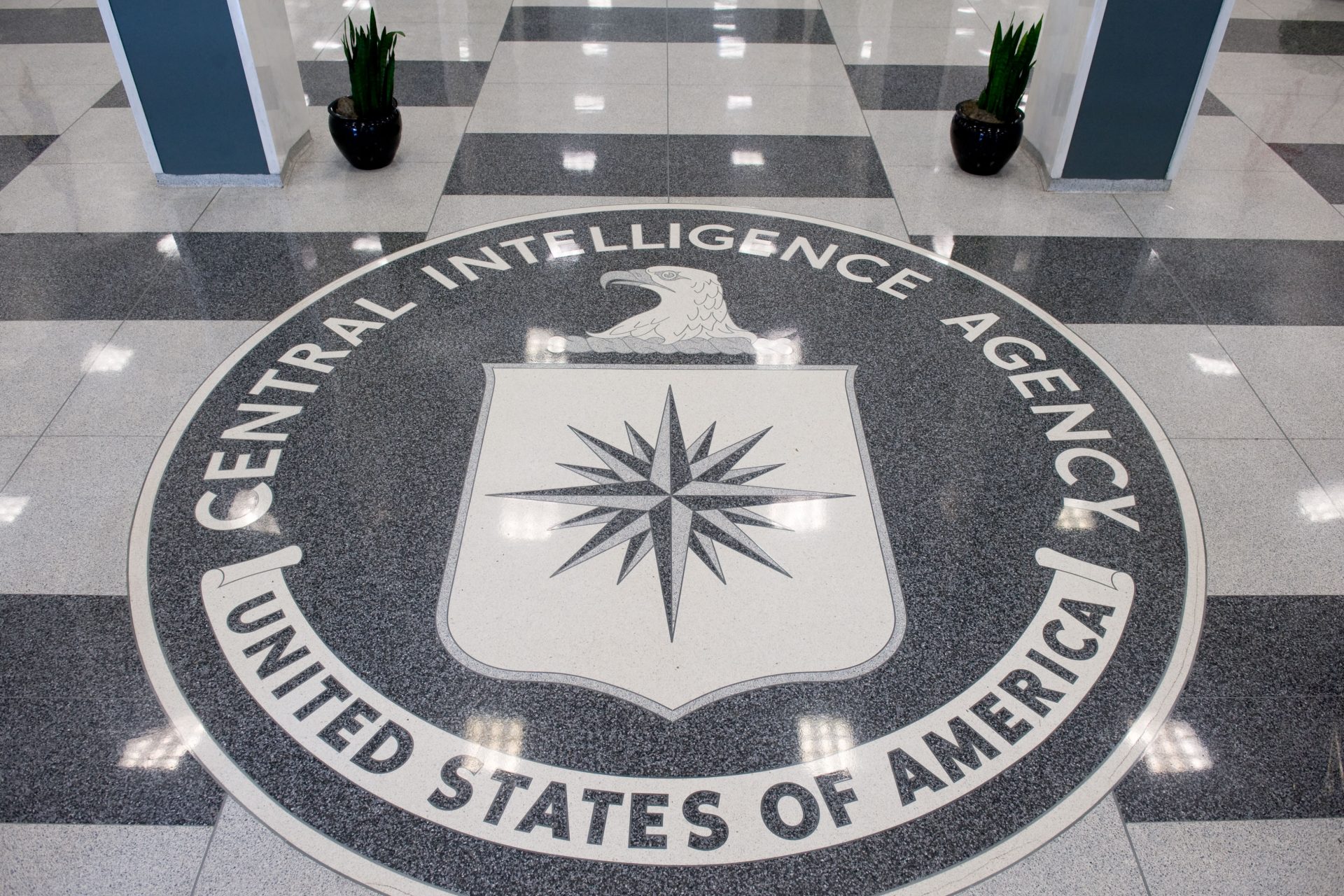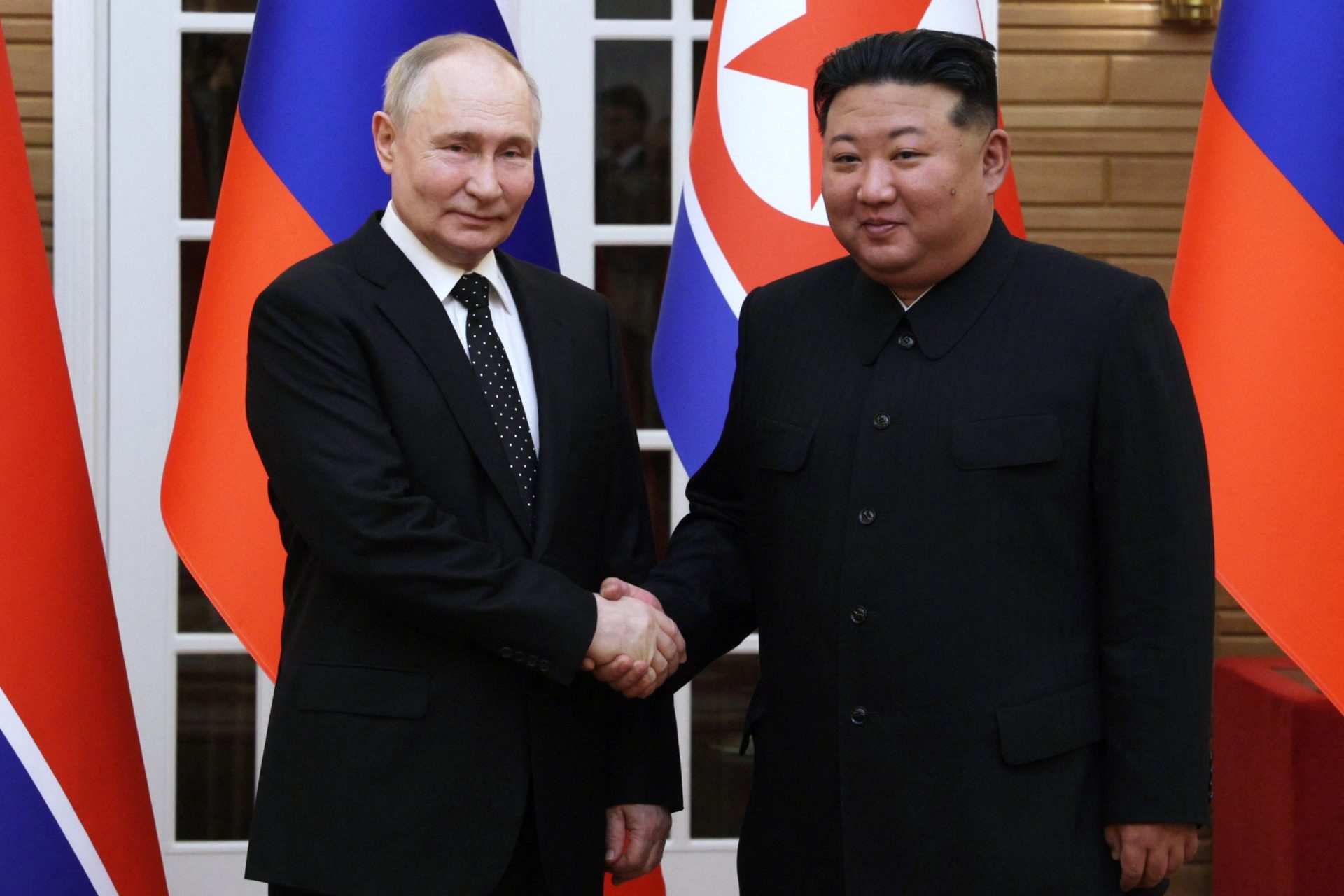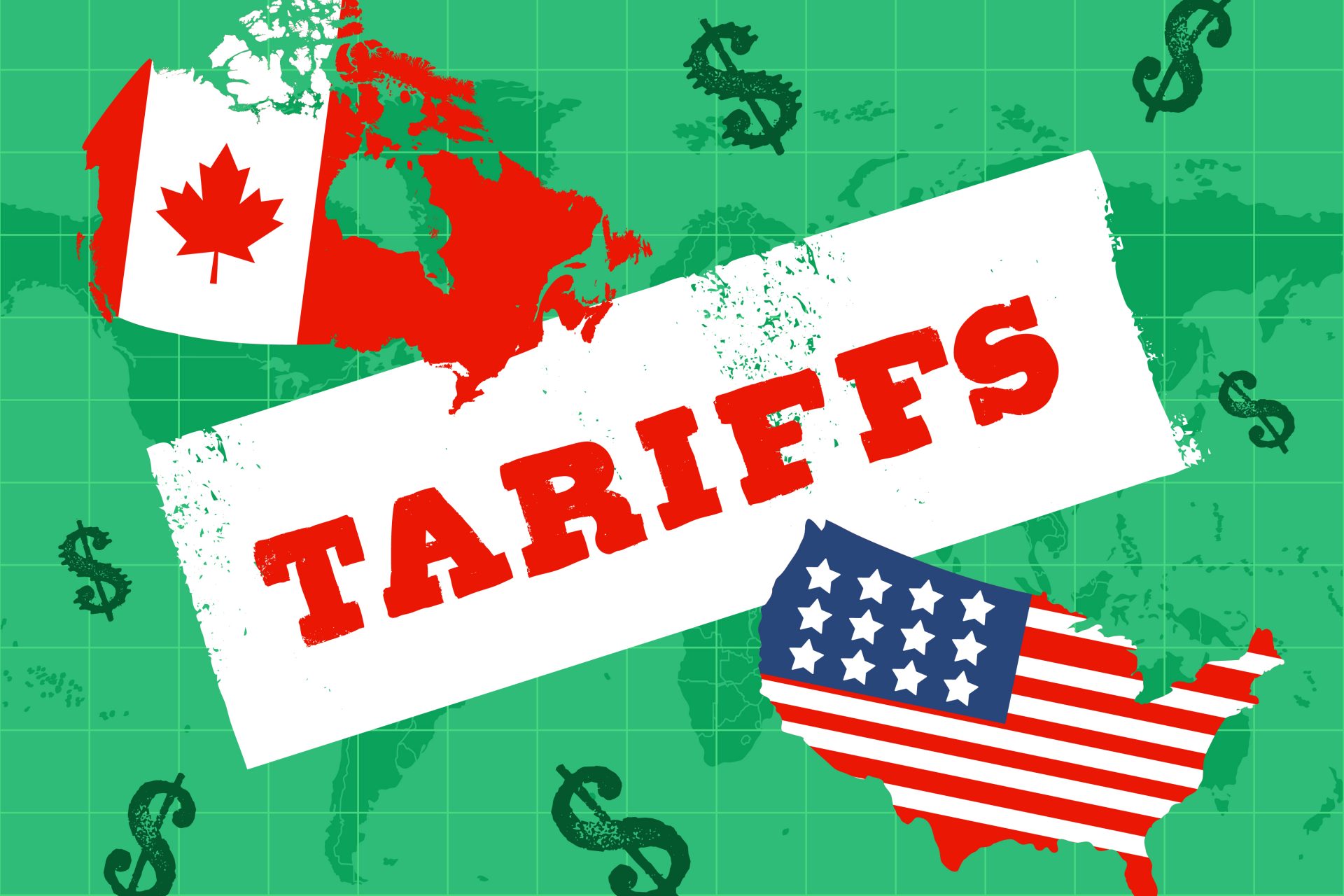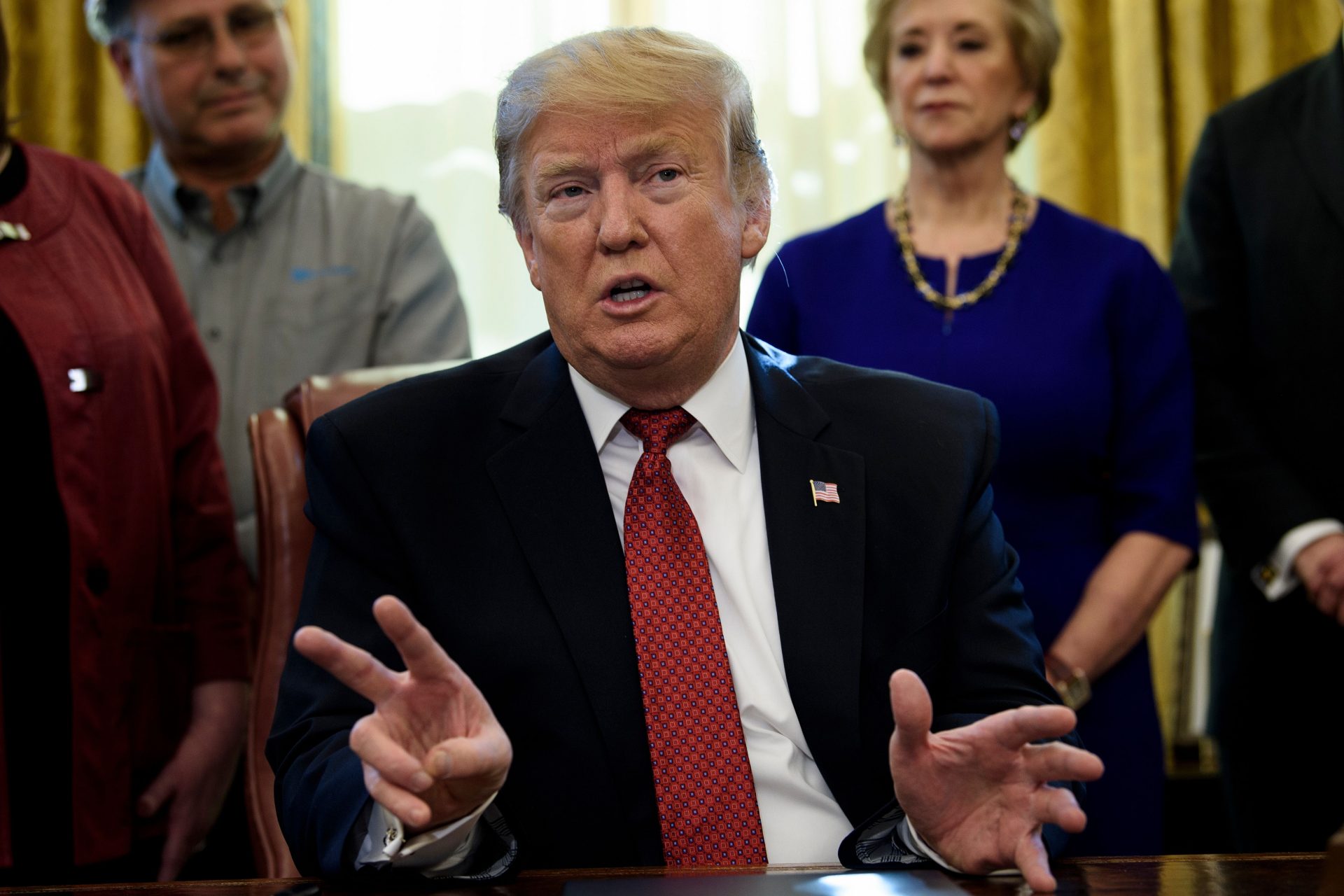Why does China want to ban the use of iPhones?
China has reportedly issued a directive that would ban central government officials and employees at state-owned companies from using iPhones, according to The Wall Street Journal.
While China hasn’t announced it on official channels, the ban would be the latest move in the ongoing trade and tech war between Washington and Beijing.
China and the US view each other’s tech companies as potential security risks that could provide backdoor access to sensitive data and government infrastructure, experts have said.
So the Chinese government's goal is, on the one hand, to seriously hurt Apple's dominant position in China and, on the other hand, to limit the use of foreign technology in sensitive environments.
These restrictions also occur with China in full technological effort to minimize dependence on the United States in terms of software and circuits, analysts say.
The Chinese ban should come accompanied by national technology that would replace a smartphone as iconic as the iPhone and it seems that they are working on it.
Bank of America has noted the “interesting” timing of the iPhone ban given the recent launch of Hauwei’s Mate 60 Pro.
But what would the iPhone ban mean for Apple and other Western tech firms?
After the Wall Street Journal report was released, Apple’s stock price fell nearly 6%, wiping $200bn of the world’s most valuable company, several media reported.
Today, China is Apple's largest foreign market and the base of its global production.
In fact, the Chinese market accounts for almost 20% of Apple's income, according to Bloomberg.
On the other hand, the company's factories in China manufacture the majority of iPhones that are sold around the world.
Apple, who benefits greatly from China, has been happy to comply with Beijing’s demands for control, such as removing virtual private networks, or VPNs, from its Chinese iOS store to prevent users from evading internet censorship, Al Jazeera reported.
In fact, as recently as March, Apple CEO Tim Cook (pictured) met with Chinese Premier Li Qiang in Beijing to stregthen trade relationships.
However, an iPhone ban would surely emphasize the growing tenssion in the US-China tech war, and other Western tech companies would shift production and investment away from China as well, experts say.
US Commerce Secretary Gina Raimondo said last month that foreign tech companies were starting to see China as “uninvestable” due to the increasingly hostile business environment.
The Chinese iPhone ban however will not prevent Chinese citizens from buying the soon-to-be-released iPhone 15 and other Apple products. At least for now.
More for you
Top Stories



